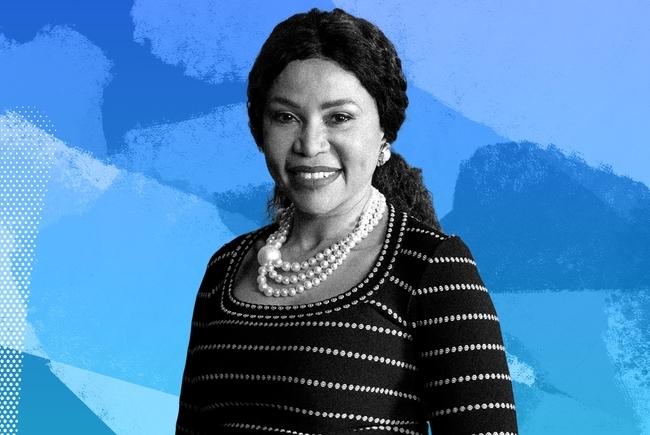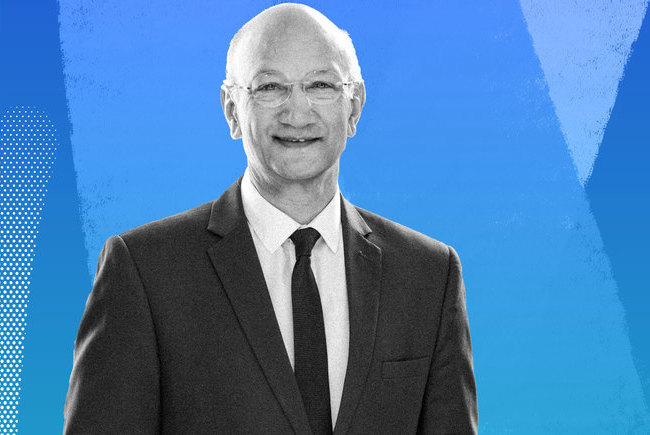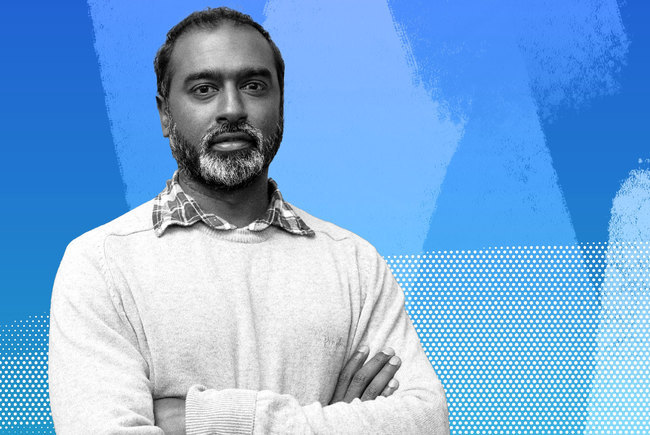Welcome from the Chair of Council
27 September 2024 Read time 2 min.
Members of the University of Cape Town (UCT) Council have been impressed by the remarkable dedication and diligence every member of the UCT community has shown towards our institution in 2023.
Staff members and students stayed the course at the start of the year despite challenges brought on by fee protests and changes to the university’s senior leadership in the following months.
I was elected to Chair of Council on 17 June 2023. By that time, we were witnessing a rapid return to stability at the senior leadership level. This thanks to the leadership of Emeritus Professor Daya Reddy in his capacity as vice-chancellor interim, who took office on 14 March. His confidence in his deputy vice-chancellors, deans, executive directors and their academic and support staff was well placed, and on behalf of Council, I congratulate them all for their fortitude and resilience.
The reconstituted Council wasted no time in reaffirming our commitment to remedying past governance failures and strengthening current structures in compliance with UCT’s regulations and policies and Council’s own code of conduct. We also committed to addressing the governance failures that were raised in the report by the independent panel of investigation, which concluded its work in October 2023.
Ms Nashira Abrahams took up the position of ombud on 1 May 2023. Council will continue to engage regularly with the ombud to identify institutional trends and related concerns so that necessary interventions may be put in place.
Among the many priorities Council tasked the leadership to address in 2023, was the task to focus on achieving student enrolment, graduate output and student throughput targets. Council approved proposals for the size and shape of UCT for the period 2023–2035 – an important aspect of the institution’s Vision 2030 – so that we can maximise UCT’s physical capacity and technological resources to accommodate a substantial increase in the number of graduates and improve the time to completion of study. The identity of a research-led institution will be retained, with a 60:40 split of undergraduate to postgraduate students.
A critical challenge UCT is facing, along with other institutions of higher learning in South Africa, is that of financial sustainability. UCT’s financial challenges include fee income that will not keep pace with inflation and limits to state financial assistance to needy students.
One of our responses was to adopt an amended student fee and debt recovery policy, which seeks, inter alia, to provide a framework for the management of student fees and optimise cash flow. The aim is always to manage student debt consistently and fairly while ensuring UCT’s financial sustainability.
In closing and on behalf of Council I thank all staff, students, supporters and stakeholders for your unwavering commitment and show faith in our great institution. I am confident that UCT will continue to rise in excellence and make a lasting difference in the lives of people across Africa and the globe through socially responsive teaching, learning and research.
Sincerely
Norman Arendse (SC)
Chair of UCT Council
 This work is licensed under a Creative Commons Attribution-NoDerivatives 4.0 International License.
This work is licensed under a Creative Commons Attribution-NoDerivatives 4.0 International License.
Please view the republishing articles page for more information.
Annual reviews
Year in Review 2023
27 Sep 2024
Year in Review 2023

There are different ways to define the University of Cape Town (UCT).
27 Sep 2024 - 2 min read
By its very nature, the university sector is a place of transition.
27 Sep 2024 - 4 min read
In a world whose future relies increasingly on international co-operation and global thinking, developing and maintaining strong partnerships with institutions in other countries can be a game changer for research that addresses the wicked problems that have become household words in the last few years.
27 Sep 2024 - >10 min read
Previous Editions



























